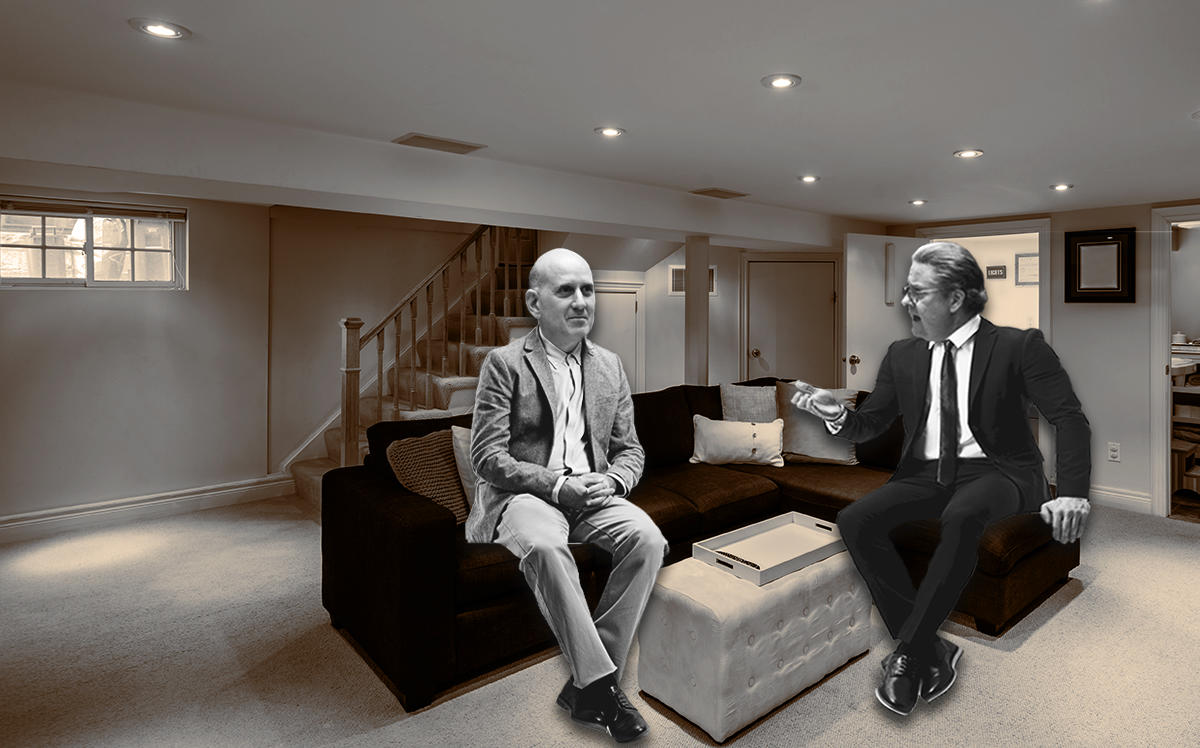During his State of the City address last year, Mayor Bill de Blasio pitched legalizing basement apartments citywide. That proposal hasn’t progressed much, but state officials are now taking steps to push that vision forward.
A recently introduced bill would require cities and towns throughout the state to legalize accessory dwelling units, better known as granny flats. The measure defines them as “independent living facilities” on the same lot as a single-family residence or multifamily building.
The units can be attached to a home — a converted basement, attic or garage, for example — or be a separate structure.
The legislation, sponsored by Assembly member Harvey Epstein and Sen. Pete Harckham, seeks to clear away regulatory hurdles in the way of creating such units.
For example, it would overcome floor-area-ratio restrictions that prevent accessory dwelling units from being legal. It also prevents local agencies from setting a minimum ceiling height of more than seven feet.
Such limits are major obstacles to basement conversions in New York City.
Epstein called the bill a win-win for small property owners and tenants.
“This is about ensur[ing] that we continue to invest in our communities,” he said.
One aspect, though, might not sit well with some homeowners. The bill includes a good cause eviction provision, blocking landlords from removing a tenant from an ADU for nonpayment after even a modest rent increase.
The provision closely mirrors a good cause eviction bill that would apply to other apartments. Nonpayment of rent could not be cited as grounds for eviction if rent rose more than 3 percent or 1.5 times the Consumer Price Index increase, whichever is higher.
Anything above that threshold is considered “unreasonable.”
Stuart Saft, leader of Holland & Knight’s real estate group, said many homeowners might see that tradeoff as fair.
“The legislation would add a lot of value to these houses,” he said. “On the other hand, it puts a burden on the owner of the property that they can’t just push out the tenant and put someone in at a much higher rent.”
The bill is backed by a coalition of housing advocates. One of its groups, Chhaya Community Development Corporation, which has long advocated for the legalization of basement apartments, estimates that the measure could lead to the creation of 100,000 affordable units in the city alone.
“Due to speculation, a history of redlining, and rising home prices, our communities have been priced out of homeownership for too long,” Jagpreet Singh, lead organizer with Chhaya, said in a statement. “Renting out basements and ADUs in their homes has been one of the only ways our immigrant communities have been able to buy and afford homes in New York City.”
Jessica Katz, executive director of the Citizens Housing & Planning Council, said ADUs offer more affordable housing without the burdens of buying land or enlarging building envelopes.
“This is a way that we can do it that can touch many more neighborhoods, not just ones that can accommodate large-scale development,” she said.
In 2019, the city launched a pilot program that legalized basement apartments in East New York. Tens of thousands of people live in illegal basement apartments across the city; legal conversions would protect these tenants from displacement and hazards, notably fires. Still, the cost of these conversions could be prohibitive for some homeowners.
The state bill calls on the state Division of Homes and Community Renewal to create a lending program to help low- and moderate-income homeowners secure financing to build accessory dwelling units.
To create much-needed affordable housing, other states and cities have legalized ADUs. In 2019 California eased restrictions around such secondary structures, a move that brokers praised for eliminating various barriers to construction.
But the rollout in California hasn’t been seamless. A group backed by the California Association of Realtors this month sued Coronado, alleging that city officials have quietly rejected valid applications to build a home and an ADU.
